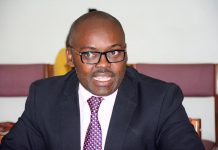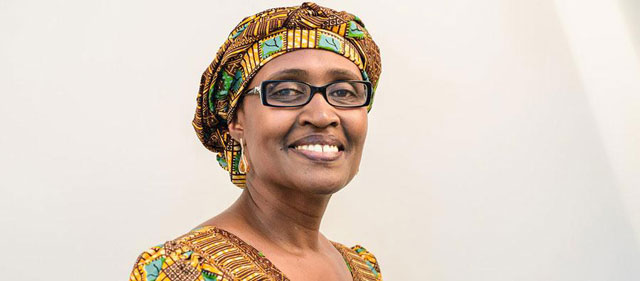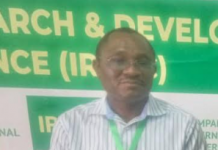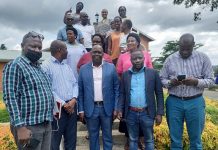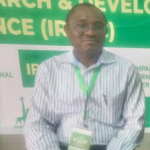Ugandan leader on women’s rights, democratic governance and peace building Winifred ‘Winnie’ Karagwa Byanyima has been as appointed the next Executive Director of the Joint United Nations Programme on HIV/AIDS (UNAIDS).
Winnie been the Executive Director of Oxfam International since May 1, 2013.
“I am honoured to be joining UNAIDS as the Executive Director at such a critical time in the response to HIV,” said Byanyima.
She added: “The end of AIDS as a public health threat by 2030 is a goal that is within the world’s reach, but I do not underestimate the scale of the challenge ahead. Working with all its partners, UNAIDS must continue to speak up for the people left behind and champion human rights as the only way to end the epidemic.”
The UNAIDS job fell vacant after the executive director, Michel Sidibe, left the position in May, having served for 10 years.
Ms Byanyima had in June been shortlisted along top five others.
Led by the Co-sponsoring Organizations and chaired by Dr. Natalia Kanem, the Executive Director of the United Nations Population Fund (UNFPA), the search process included interviews and consultations with Governments and other concerned parties through the UNAIDS Programme Coordinating Board.
“Byanyima brings a wealth of experience and commitment in harnessing the power of government, multilateral agencies, the private sector and civil society to end the HIV and AIDS crisis for communities around the world” the UNAIDS said in a statement.
Prior to Oxfam, she served for seven years as the Director of Gender and Development at the United Nations Development Programme (UNDP).
Byanyima began her career as a champion of marginalized communities and women 30 years ago as a Member of Parliament in the National Assembly of Uganda.
In 2004, she was named Director of Women and Development at the African Union Commission, working on the Protocol on the Rights of Women in Africa, an international human rights instrument which became an important tool towards reducing the disproportionate effect of the HIV pandemic on the lives of women in Africa.




